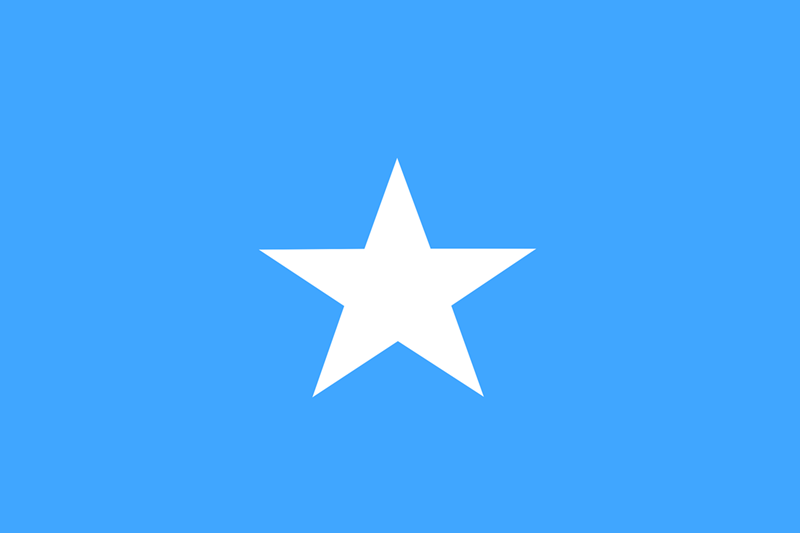In a politically charged visit that could reshape Somalia’s federal dynamics, Jubaland President Ahmed Mohamed Islam “Madobe” arrived in Garowe on Saturday, where he was warmly received by his Puntland counterpart, Said Abdullahi Deni.
The high-level visit comes at a crucial time as both regional leaders find themselves navigating tense relations with the Federal Government in Mogadishu. Observers believe the meeting is more than symbolic—it signals a strategic revival of a once-powerful political bloc aimed at counterbalancing centralization trends under President Hassan Sheikh Mohamud.
Both Madobe and Deni have long championed a decentralized federal system. Their meeting in Garowe is widely seen as an effort to realign their political objectives in light of growing dissatisfaction with what they describe as unilateral decisions from Villa Somalia that sideline federal member states (FMS).
According to a senior Puntland official who spoke to Caasimada Online on condition of anonymity, “This meeting is critical to harmonizing regional strategies and presenting a unified vision on national issues like elections, security, and intergovernmental cooperation.”
Somalia’s federal system remains fragile. Since President Hassan Sheikh returned to power, regional leaders like Madobe and Deni have voiced concerns over what they call an erosion of federalism. They accuse the federal government of bypassing consultation mechanisms, particularly in key areas like:
- Electoral planning and process
- Constitutional review
- Resource sharing
- Security operations
The renewed alliance between the two leaders could embolden calls for a more inclusive political framework and stall any momentum the federal government has toward centralization.
- Reinforce Bilateral Ties: Strengthen the political and economic relationship between Puntland and Jubaland.
- Joint Strategy on Elections: Coordinate their positions on the upcoming national electoral processes, ensuring fair representation of FMS voices.
- Address Security Challenges: Exchange security intelligence and tactics, particularly in border regions affected by Al-Shabaab and ISIS activity.
- Push Back Against Marginalization: Present a united front against perceived federal overreach.
Both Puntland and Jubaland share borders with conflict-prone areas and have consistently been frontline regions in the war against Al-Shabaab and ISIS-linked militants. Security concerns are a major point of mutual interest. Intelligence-sharing and joint security cooperation are likely high on the Garowe agenda.
The leaders’ alliance could also shape how future security sector reforms are discussed—particularly those involving integration of regional forces into a national framework.
Political analysts argue that the meeting could lay the groundwork for a broader coalition of FMS seeking stronger autonomy and a clearer role in shaping national policies. This comes at a time when talks of constitutional amendments are ongoing, and the balance of power between Mogadishu and the states remains unresolved.
“A Madobe-Deni alliance, if sustained, could reset the political tone in Somalia. It reminds Mogadishu that federalism is not optional—it’s constitutional,” said political commentator Abdinasir Elmi.While no official communiqué has been released yet, sources suggest the leaders will hold multiple closed-door sessions in the coming days. A joint press conference is expected, potentially outlining agreed-upon positions and next steps.
Future meetings could also include other like-minded FMS leaders, paving the way for a multi-state political platform to influence national discourse.
Madobe’s arrival in Garowe is not just a routine political visit—it’s a calculated move to recalibrate power relations in Somalia. As frustrations with the federal government mount, regional actors are asserting their relevance, unity, and influence.
If successful, this renewed alliance could offer a more balanced, consultative approach to Somalia’s governance—something many citizens and observers say is long overdue.
